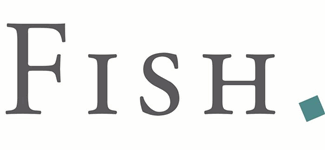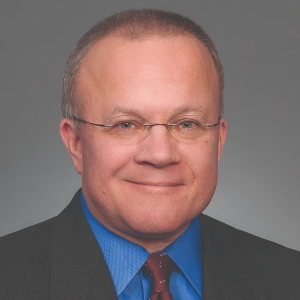Best Lawyers in Massachusetts, United States for Patent Law
Practice Area Overview
A patent is a contract between an inventor and the government. The inventor provides a complete description of the invention to the public in an application for patent. This benefits the public by providing knowledge of the invention for use as a foundation for additional innovation. In return, if the invention is new (as compared to everything known to the public prior to the invention), a patent is issued. This patent gives the inventor a right to exclude others from making, using, offering for sale, or selling the patented invention throughout the United States, and from importing the invention into the United States, for the life of the patent, usually 20 years from filing.
Grant of a patent does NOT itself give an inventor a right to exploit the patented invention – it only gives the inventor a right to exclude others from practicing the invention. For example, if an inventor makes an improvement to a previously patented machine, and gets a patent, the inventor can prevent the owner of the original patent from using the improvement. However, the inventor may not be able to exploit the improvement itself, at least until the original patent expires, because such exploitation might infringe that original patent.
Title 35 of the United States Code (the “Patent Statutes”) set forth the standards and procedures for obtaining patents. Patents are granted by the United States Patent and Trademark Office (USPTO), an agency of the Department of Commerce.
The following items are patentable under these statutes:
- Processes: new methods of doing something
- Machines: engines, machinery, instruments, gadgets, etc.
- Articles of manufacture: circuits, tools, structures made of metal, plastics, ceramics, etc.
- Compositions of matter: new pharmaceuticals, chemical compounds, naturally occurring substances when substantially purified, DNA sequences, biological materials, e.g. bacteria, viruses, proteins and protein fragments, monoclonal antibodies, epitopes, and vectors.
- Improvements in any of the above
- Living organisms: genetically altered plants and animals.
- Computer programs: alone and in conjunction with other equipment.
- Business methods: methods for doing business, but not those solely directed to patenting abstract ideas.
- Designs: ornamental aspects of articles of manufacture.
- Non-patentable items include: nebulous concepts or ideas, laws of nature (e.g., gravity), mathematical algorithms alone (but computer-implemented mathematical algorithms producing a concrete, useful, and tangible result are patentable subject matter), and purely mental processes.
A key element to effective patent protection is writing patent claims that define the invention as broadly as possible, but without overlapping prior art that could make the patent invalid. This is generally best done by someone with skill and experience in patent practice, so consulting with a patent attorney is a wise choice.

Corporate Law & Commercial Litigation Legal Guide 2025
View Legal GuideSelect a city from the list below to find the best legal talent for your needs.
Cities
Lawyers who have a subscription to profiles appear first.
Would you like to claim your lawyer profile?
Contact UsOur Methodology
Recognition by Best Lawyers is based entirely on peer review. Our methodology is designed to capture, as accurately as possible, the consensus opinion of leading lawyers about the professional abilities of their colleagues within the same geographical area and legal practice area.
The Process
Best Lawyers employs a sophisticated, conscientious, rational, and transparent survey process designed to elicit meaningful and substantive evaluations of the quality of legal services. Our belief has always been that the quality of a peer review survey is directly related to the quality of the voters.










